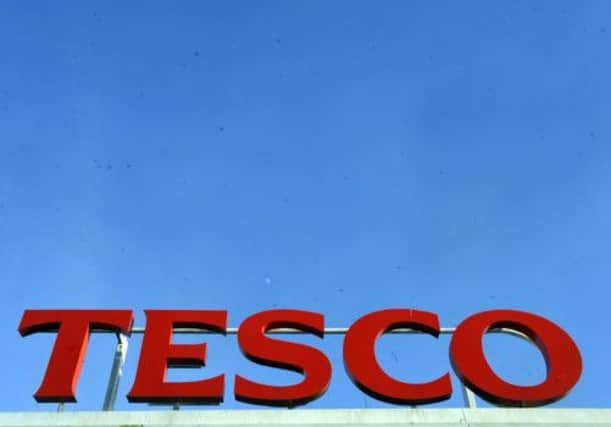Tesco chief Philip Clarke feels heat over strategy


Declining sales at home and abroad, the cost of its failed American venture and plans to shift focus in Tesco’s superstores back to food are all likely to come under scrutiny at Friday’s meeting in London.
Clarke will need to convince investors that his recovery plans are beginning to take effect.
Advertisement
Hide AdAdvertisement
Hide AdOne analyst said: “You never really get a significant change in strategy announced at an AGM, but given last year’s £1 billion push to revive the UK business – and the fact that UK sales still fell in the first quarter of this year – some might question whether that plan is working.
“The management team are putting in the effort, but will the results come through quickly enough?”
This month, Tesco reported falling sales in nine of its 11 global markets, including a worse-than-expected dip in the UK.
Part of that 1 per cent decline in its home market was down to the horsemeat scandal, Clarke said, but most was the result of falling sales of non-food items such as televisions and other electronics.
Tesco’s troubles contrast with far better fortunes at Sainsbury’s, the sole representative in Britain’s “big four” club of grocers to increase its market share in the latest findings from industry researchers Kantar Worldpanel.
Having recently reported its 34th consecutive quarter of like-for-like sales growth, Sainsbury’s now accounts for 16.8 per cent of the UK grocery market, analysts estimate.
In addition, its non-food sales are growing at twice the rate as food, with notable performances in cookware, homewares and kitchen electricals.
Tesco, on the other hand, has decided to retreat from electricals, with Clarke looking to turn it into a more food-focused retailer.
Advertisement
Hide AdAdvertisement
Hide AdThis includes opening more Harris & Hoole coffee shops, Giraffe restaurants and Euphorium bakeries within its shops in a bid to improve the experience at large out-of-town stores.
Meanwhile, Tesco’s share price has struggled since reporting this year its first decline in full-year profits for more than two decades.
The figures were weighed down by an £800 million write-off on the cost of property where it no longer intends to build, plus the ongoing cost of exiting its Fresh & Easy venture in the United States, which is eventually expected to total some £1.5 billion.
Despite these negatives, Tradenext head of strategy Ronnie Chopra believes the stock offers plenty of upside potential. With nearly 30 per cent of the UK grocery market, Tesco continues to generate large amounts of cash while commanding huge economies of scale.
“But as far as the AGM goes, I am sure they will have a lot of dissatisfied shareholders, and the management will have to say something positive to please them,” he added.
In April, Berkshire Hathaway, the investment firm run by Warren Buffett, trimmed its holding in Tesco to 4.98 per cent from 5.08 per cent.
Speculation had been rife that the so-called “Sage of Omaha” had been courting institutional investors with a view to increasing his holding in the stock to about 10 per cent.